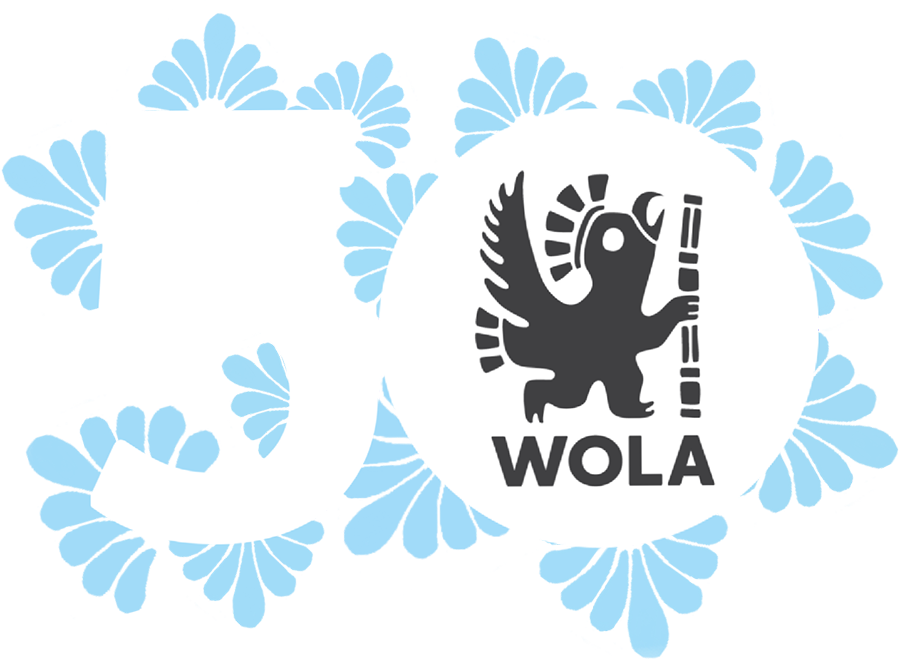In Guatemala, human rights defenders, independent judges and prosecutors, journalists, and Indigenous leaders are under assault as part of a broader attack on democracy and path towards a kleptocracy. The criminalization and closing of civic space is one of the strategies being used by corrupt networks, the Attorney General’s Office, private actors, members of the military, and political elites to quell disruptions to their power, avoid historic responsibility for crimes committed during the internal armed conflict, and silence voices exposing corruption. It has resulted in severe democratic backsliding, creating a dangerous terrain in which human rights defenders, journalists, Indigenous community leaders, and justice operators receive no State protection and are instead persecuted and criminalized by their own government in complicity with private actors, often to the point of having to flee the country for their lives. The current situation in Guatemala creates serious challenges for U.S. policy and assistance and means that civil society organizations, human rights defenders, Indigenous communities, and journalists are more in need of international protection than ever.
This report, produced by the Washington Office on Latin America, Latin America Working Group Education Fund, and Guatemala Human Rights Commission/USA, outlines the closing of civic space as one of the strategies being used by corrupt networks to quell disruptions to their power, avoid historic responsibility for crimes committed during the internal armed conflict, and silence voices exposing corruption. It provides information on the forms of criminalization of journalists, human rights and Indigenous activists in Guatemala, including via anti-NGO legislation, and the shuttering of human rights institutions.
To read the other reports in this series, click the following links:
When the Dominoes Fall: Co-optation of the Justice System in Guatemala



